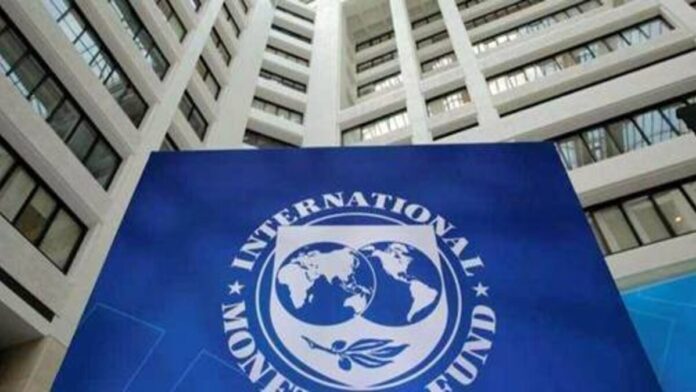Global current account balances rose sharply in 2024, reversing a steady decline seen since the 2008–2009 financial crisis, according to the International Monetary Fund’s annual External Sector Report released Tuesday.
The IMF said the widening was mainly due to growing excess balances in the United States, China and the euro area.
The U.S. deficit rose by $228 billion to $1.13 trillion, equal to 1% of global GDP. China’s surplus increased by $161 billion to $424 billion, while the euro area saw a $198 billion jump to $461 billion.
The report warned that excessive surpluses or deficits are not necessarily harmful but can create risks if they persist. It said domestic imbalances, policy uncertainty, and growing trade tensions could raise financial stress and damage both debtor and creditor countries.
The IMF criticized rising tariffs, including those introduced by U.S. President Donald Trump, saying they are not a solution to global trade gaps. It said higher tariffs would hurt global demand and push up prices.
Geopolitical tensions could also lead to changes in the international monetary system, the report said, which may affect global financial stability.
In a separate blog post, IMF chief economist Pierre-Olivier Gourinchas said that excess current account balances are driven by local issues. He recommended that the U.S. cut its fiscal deficit, China boost consumption, and Europe increase infrastructure spending.
The blog also noted that public deficits in the U.S. remain high and recent changes in the Chinese yuan and U.S. dollar could expand China’s surplus.
Tariffs have little effect on global imbalances because they reduce both investment and savings in the country imposing them, according to the IMF.
The report also raised concerns about the role of the U.S. dollar in global finance. It said recent moves toward using China’s yuan, the rise of private digital currencies, and alternative payment systems may shift how international currencies are used.
Although the risk of major disruption to the global financial system remains moderate, the IMF said the growing imbalances could cause spillovers. It warned that more countries could react by raising trade barriers, further weakening global cooperation.




